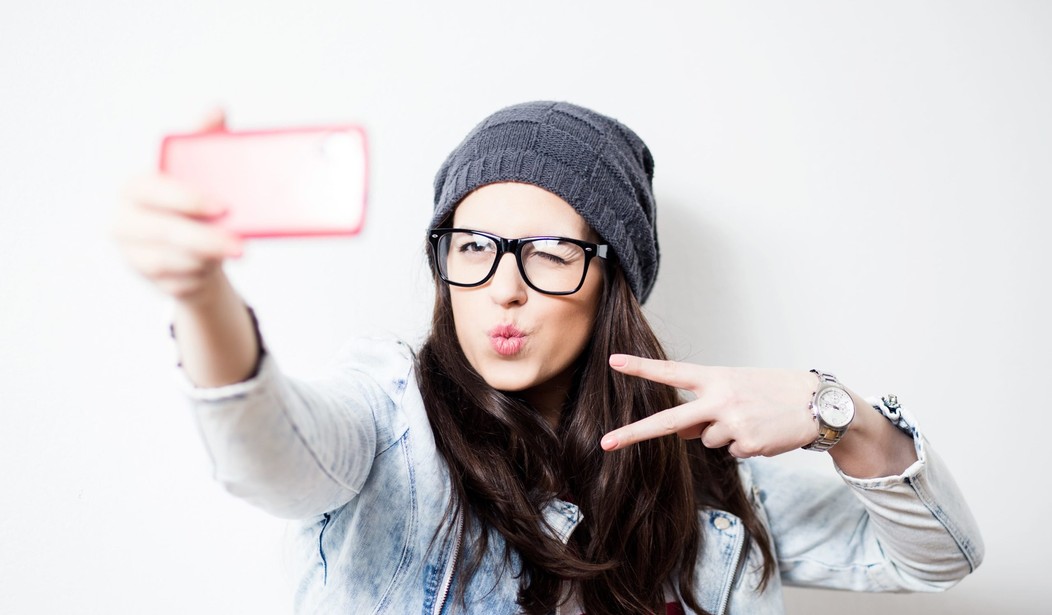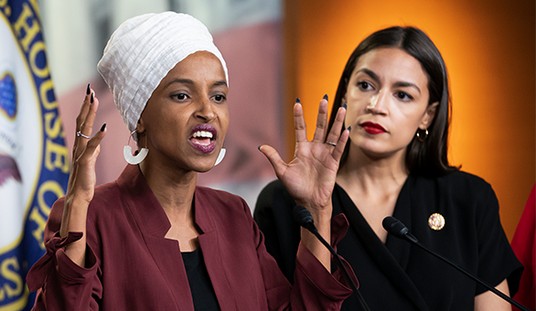Last week, a federal appeals court ruled that New Hampshire voters have a First Amendment right to take selfies at the polls. Yes, seriously.
The unanimous court ruling from the First Circuit Court of Appeals in Boston said that the state’s ban on voting booth selfies “is like burning down the house to roast the pig.” The justices argued that the ban would suppress too much political speech. Ballot selfies express support for a candidate and communicate that the voter has given support, they argued. That makes this social media fad a sacred personal freedom. Worse, the ruling ended with the trite phrase “a picture is worth a thousand words.”
Only nine states explicitly allow ballot selfies or have no currently enforceable state law clearly forbidding the practice. Voters in Arizona, Delaware, Indiana, Maine, New Hampshire, North Dakota, Oregon, Utah, and Wyoming are free to snap a ballot self-portrait.
Over half of the states in the union explicitly ban ballot selfies through various laws, including prohibitions on bringing cameras into the ballot booth. The law is unclear in 14 states: Arkansas, Connecticut, Hawaii, Idaho, Illinois, Kansas, Kentucky, Maryland, Minnesota, New Jersey, Ohio, Rhode Island, Vermont, and Washington. If you live in one of the 26 states not mentioned, selfies at the ballot box are off limits. Sorry.
Here’s a helpful map.
In some states, it's illegal to take a selfie with your ballot inside the voting booth… https://t.co/iHAY3ijnF4 pic.twitter.com/l31II0TRz2
— Kat Murti (@KatMurti) October 4, 2016
Ballot selfies are weird, but why outlaw them? Check out the reasoning on the next page.
Why are voting selfies illegal in those states? Even in striking down the ballot selfie ban, the federal appeals court acknowledged that New Hampshire has a legitimate interest in trying to prevent voter intimidation. The idea is, if everyone is sharing their ballots favoring Hillary Clinton, for example, one of the few voters at that location who intends to vote for Donald Trump may be intimidated.
The anti-selfie New Hampshire law, passed in 2014, criminalized voters for snapping pictures of their ballots and sharing them on social media. Any such photos would be punishable by a fine of up to $1,000. A federal judge blocked the law’s enforcement in 2015 and the state appealed, citing a need to discourage vote-buying.
According to the ACLU of New Hampshire, however, ballot selfies are a fundamental free speech right. William Christie, a co-council on the case, argued that “the First Amendment … ensures that citizens are free to communicate their experiences at the polls, including the people for whom they voted if they so wish.”
“As the Court recognized, there is no more potent way to communicate one’s support for a candidate than to voluntarily display a photograph of one’s marked ballot depicting one’s vote for that candidate,” Christie declared.
Really? One would think actually casting that ballot, as opposed to just taking a photo with it, might be slightly more potent. But what do I know? I’ve never taken my ballot selfie. I’ve never voted in a state where that particular disturbing act is legal.









Join the conversation as a VIP Member